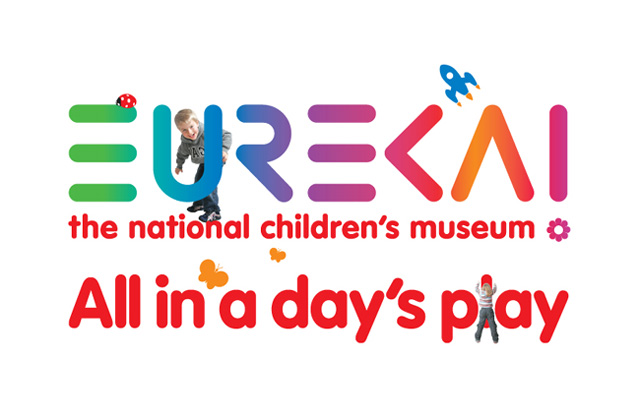Imagination is a wonderful thing and children have an almost unending capacity for using theirs, especially at this time of year. The following quote by Ursula K. Le Guin (The Language of the Night) is, thankfully, very true.
“I doubt that the imagination can be suppressed. If you truly eradicated it in a child, he would grow up to be an eggplant.”
In all my years working at Eureka! I am happy to report that I have never met a child who was destined to become an eggplant!
Some of the most heart warming and incredibly entertaining moments I have experienced at Eureka! have been when I have been sat in a darkened corridor providing ears and a voice for a talking dustbin. Talking to Scoot the Robot can be a magical experience for a child and one that they will remember forever. Sometimes it will bring them back to Eureka! again and again to renew their acquaintance with their robot friend. For the tiny tots Scoot is as real to them as Santa Claus and the Tooth Fairy. As they grow and learn more about the world they begin to question and challenge Scoot.
Child: "You’re not real."
Scoot: "I am. You’re not imagining me. I’m right in front of you."
Child: "There’s somebody talking for you."
Scoot: "That’s a worrying thought. Is there somebody talking for you?"
Child: "No, I’m talking myself."
Scoot: "Can’t I talk for myself?"
Child: "No – somebody has to talk for you."
Scoot: "Golly, I’m glad they’re there to help me then; I love talking; I’m a bit of a chatterbox."
The conversation continues with the child happily chatting to a metal dustbin that they have established is not a real robot. Even the children who discover Scoot’s secret, once the problem is solved, will continue to chat to Scoot as before. Does that mean they are stupid? Certainly not; they are using their imaginations and, in the words of George Scialabba:
“Perhaps imagination is only intelligence having fun.”
There are many children who consider Scoot a friend and thoroughly enjoy telling him their latest news and discovering things about a robot’s life. Robots don’t have families; that’s why they enjoy making new friends so much. Robots are made of metal so they don’t like the rain as it can make them go rusty. Robots don’t grow so it’s very difficult to guess how old they are. (Scoot was ‘born’ on the same day as Eureka!, 9 July 1992).
I finish with a final quote from Theodore Geisel; which explains why even I believe in Scoot the Robot – and is yet another reason I love my job.
Jill Ward is an Enabler in the Front of House team at Eureka!“I like nonsense; it wakes up the brain cells. Fantasy is a necessary ingredient in living; it's a way of looking at life through the wrong end of a telescope. Which is what I do, and that enables you to laugh at life's realities.”
Merry Christmas everyone!






































